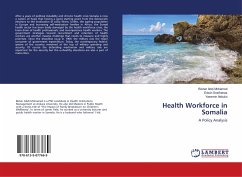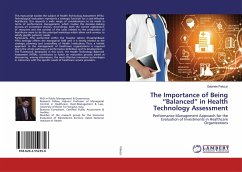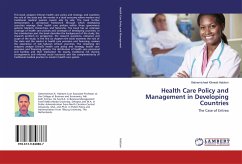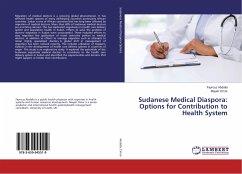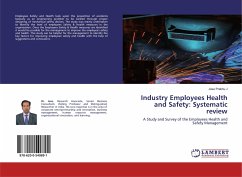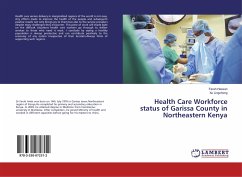After a years of political instability and chronic health crisis Somalia is now a nation of hope that having a good starting point from the democratic elections to the eradication of polio illness. Unlike, the ageing population in Europe and increasing self-medication families in Africa, the Somali health sector has been badly damaged by the health workforce crisis, the brain drain of health professionals, and incompetence health workers. The government strategies toward recruitment and retention of health workers are another massive challenge that needs to measure and highly prioritize. Since the bloodless coup in 1969, the military was the major consumer of government expenditure. Today, the contemporary federal system of the country remained at the top of military spending and security. Of course the defending mechanism and military role are important for the security but the unhealthy situations are also a part of insecurities.
